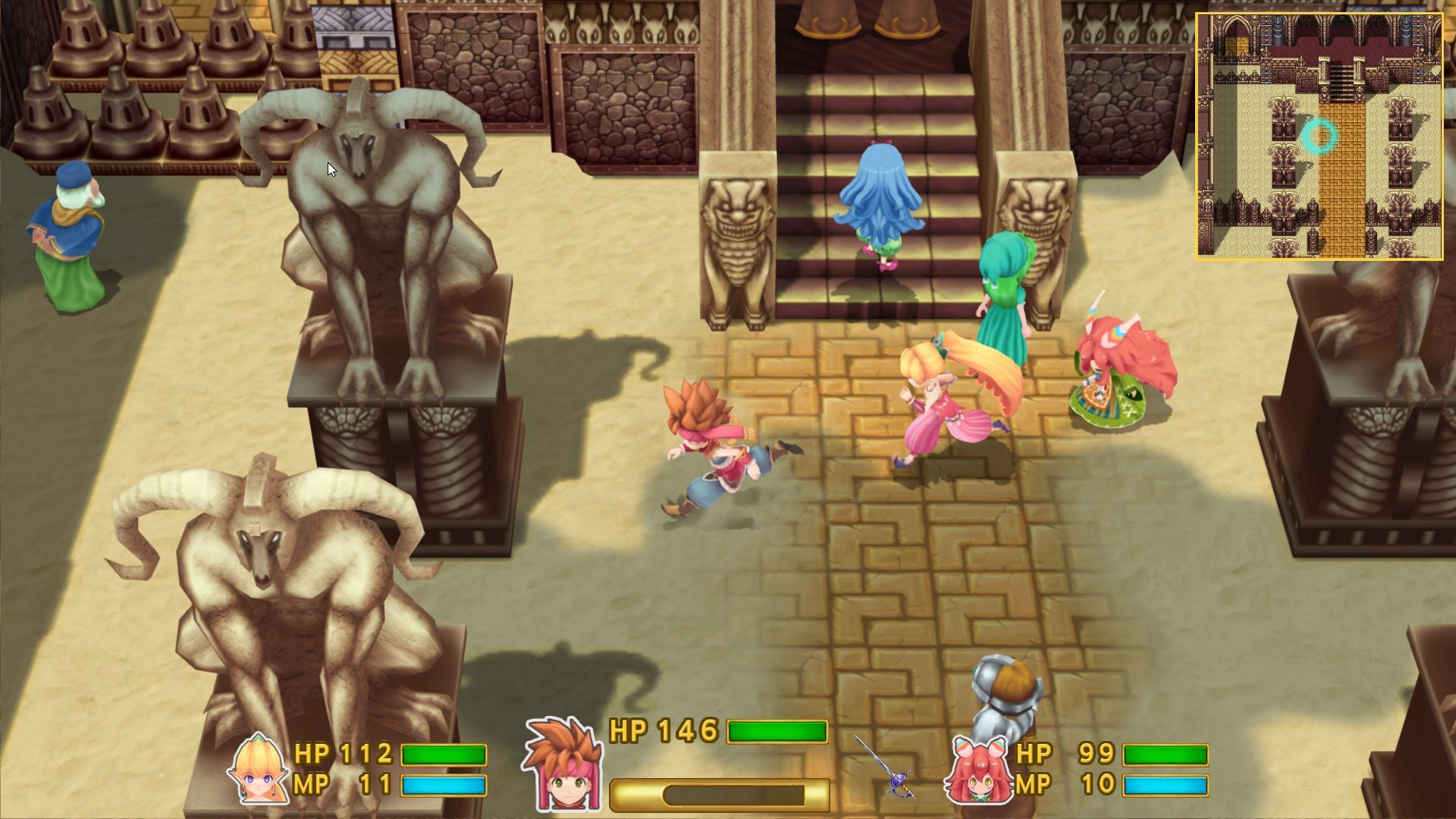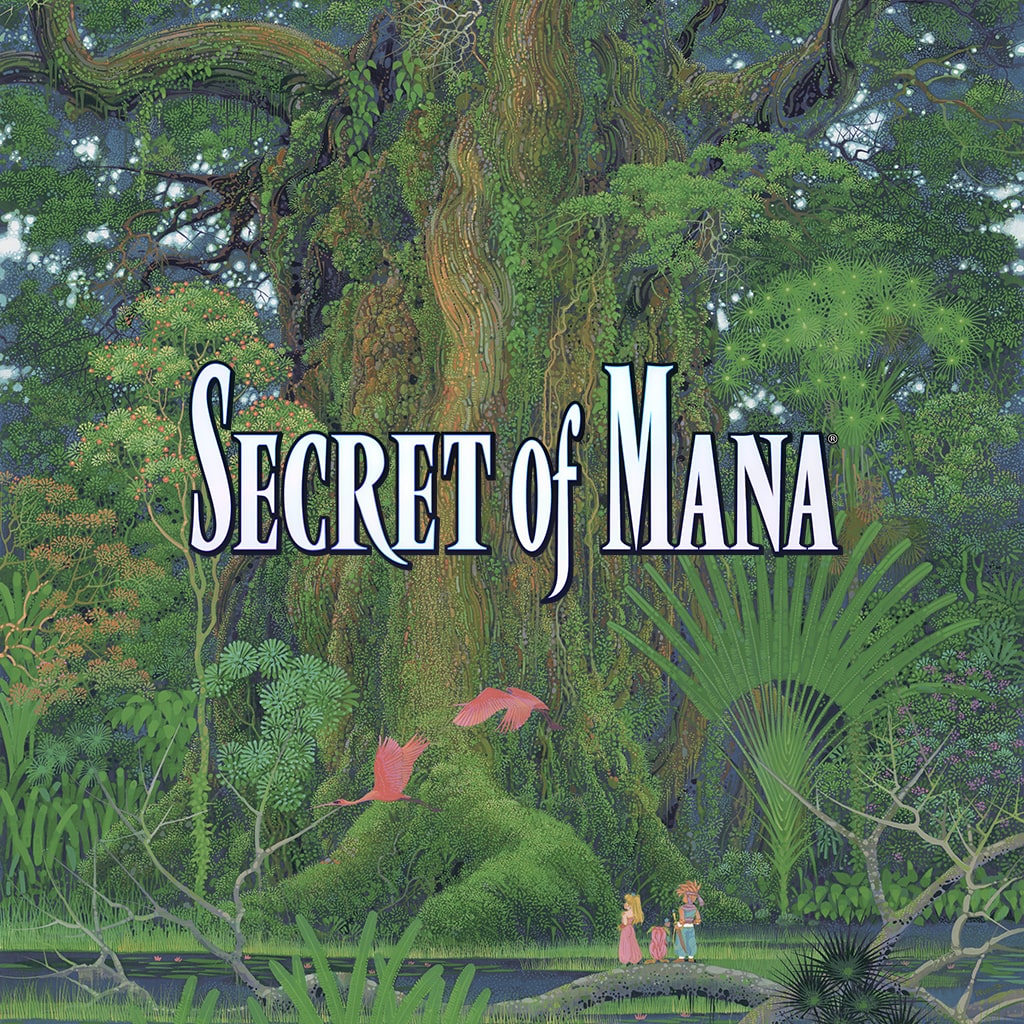

Contrarily, Children of Mana for Nintendo DS focused entirely on dungeon combat. Legend of Mana for PlayStation dumbed down its combat to resemble a brawler, with mechanical complexity coming instead from a confusing and frequently superfluous world-building system.

The series has seen many sequels through the years, but aside from Seiken Densetsu 3, nothing to bear the Mana name has ever captured the spirit that made Secret of Mana such an enduring classic. And that means 1993’s Secret of Mana continues to be the last great Mana game released outside Japan.

Here in the West, Seiken Densetsu 3 will remain an exclusive for the import- and fan translation-savvy. Instead, Square Enix took a different route entirely, including the original version of Secret of Mana on the Super NES Classic Edition (for Nintendo fans) and releasing a Secret of Mana remake for PlayStation 4, Vita and Steam (for everyone else).

The package would not be released in America. Yet they quickly found those hopes dashed once again on the cruel rocks of reality. despite fan demands.įor a brief moment, Mana devotees held out hope that Square Enix would bring Seiken Densetsu Collection to American and European Switches as well, at last filling the critical gap in one of the company’s most beloved franchises. After all, for more than two decades now, Seiken Densetsu 3 has been the lone import-only holdout in the entire Mana franchise, the one game that has never officially been localized from Japanese into any other language. The last detail caught many people’s attention. The package contained solid renditions of Final Fantasy Adventure for Game Boy, Secret of Mana for Super NES, and the Japan-only Secret sequel Seiken Densetsu 3. Last summer, Square Enix published a collection of 8- and 16-bit Seiken Densetsu games for the Nintendo Switch, but only in Japan.


 0 kommentar(er)
0 kommentar(er)
